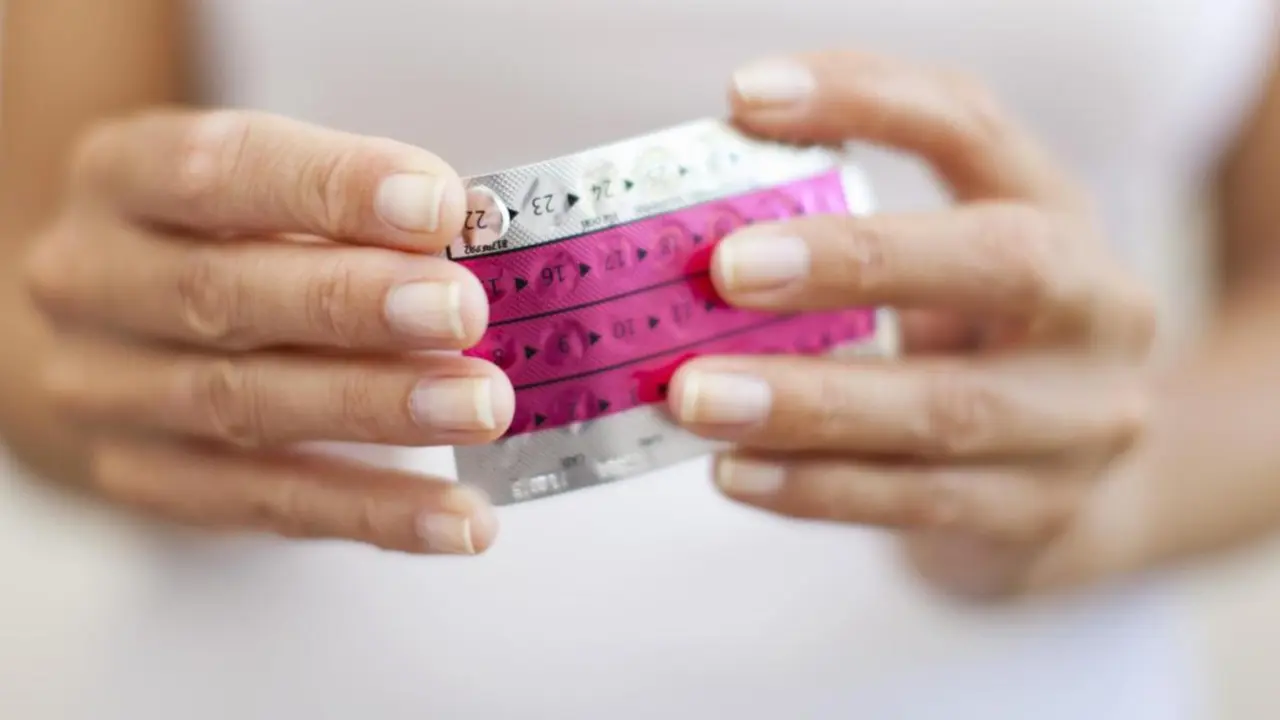Birth Control: Practical Options, Safety, and Where to Find Them
Want clear, no-nonsense info about birth control? You're in the right place. This page helps you compare methods, spot safety flags, and find legitimate options online.
Types of birth control vary a lot. Pills, patches, and rings use hormones to prevent ovulation. IUDs can be hormonal or copper and work for years. Condoms and diaphragms block sperm without hormones. Emergency pills reduce pregnancy risk after unprotected sex.
How to choose? Think about how reliable you need a method to be, whether you want kids soon, side effects you can tolerate, and how easy it is to use. If you take other medicines, check interactions, some antibiotics and seizure drugs change how hormonal methods work.
Safety tips for buying online: use licensed pharmacies, read reviews, look for a physical address and pharmacist contact, and avoid stores that sell many prescription drugs without asking for a prescription. Prices that look too low can mean counterfeit pills. When in doubt, call the pharmacy and ask how they source medicines.
Side effects vary by method. Hormonal options commonly cause spotting, mood changes, or nausea for some people. IUDs can cause cramps or heavier periods at first. Condoms can cause irritation if you're sensitive to latex. Track what happens and talk to your clinician if side effects last or get worse.
Quick Steps to Start
Want to start? Follow three quick steps. Pick a method based on lifestyle and medical history. Talk to a clinician, a short telehealth visit often works for pills, patches, and prescriptions for IUD placement. Use a licensed pharmacy and keep records of the prescription and shipment.
Where to learn more
Want deeper reads? Our site covers drug guides, safe online pharmacies, and alternatives when a medicine doesn't fit. Check articles on contraception safety, medication alternatives, and tips for travel and skin conditions that can affect method choice. For privacy or help, use our contact page to reach the team.
Quick tips: set reminders for pills, carry condoms when needed, keep a backup plan for emergencies, and review your method annually. If you have heavy bleeding, severe pain, or signs of infection after a procedure, contact care right away. Birth control is personal - try options until you find what fits your life and health.
Emergency contraception works best the sooner you take it. Levonorgestrel pills are available OTC in many places and work within 72 hours, while ulipristal can work later and may need a prescription. Copper IUDs are the most effective emergency option and can be placed up to five days after sex.
Insurance often covers contraceptives, but policies vary. If you lack coverage, look for clinics that provide sliding-scale fees, community health centers, or family planning programs. Buying generics and using patient assistance programs can cut costs. When you buy online, keep the original packaging and batch numbers until you confirm the product works for you.
Questions? Browse our birth control tag to read drug guides, safety tips, and user-friendly how-to articles on RX2Go.com. Ask your clinician today.
